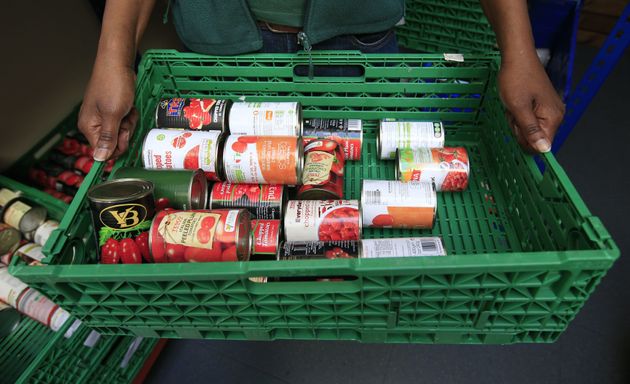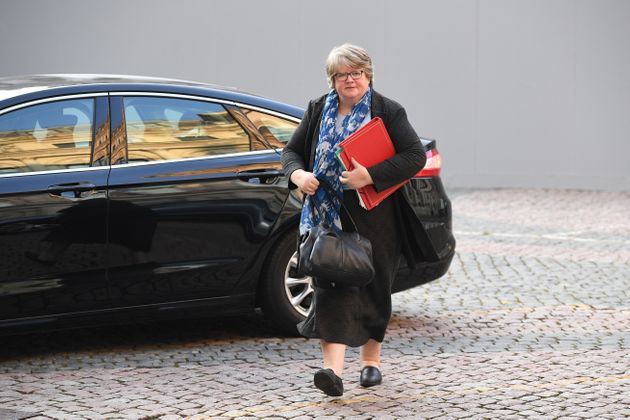
A scathing report has called on the government to compensate women born in the 1950s who were affected by increases to their retirement age.
Equalising the age at which men and women receive their retirement payouts has adversely impacted thousands of women, and ministers should issue compensation up to around £3,000, which could cost the government more than £10bn, the Parliamentary and Health Service Ombudsman has said.
Advertisement
Here’s everything you need to know.
Who are the Waspi women?
The so-called Waspi (Women Against State Pension Inequality) women have been campaigning for fairer retirement payouts.
A generation of women born in the 1950s have been left out of pocket by changes to the state pension age to equalise it across genders.
The issues are related to the changing of women’s state pension age, which changed from 60 to 65, to match up with men.
Both have since changed to 66, and the pension age for both men and women is set to rise again from 66 to 67 between 2026 and 2028.
Advertisement
They have campaigned for compensation after arguing many women weren’t adequately informed about the massive shift.
Some are struggling to pay the bills and others are working through ill health.
More than a quarter of a million women have died since the campaign began almost a decade ago, the campaign has said.
What has happened?
The Parliamentary and Health Service Ombudsman has been investigating the issue for five years.
On Thursday, it published its second report, which concluded that those affected by the changes were not adequately informed, and should receive an apology and payouts.
The ombudsman has asked parliament to intervene and “act swiftly” to make sure a compensation scheme is established.
Advertisement
The watchdog said the Department for Work and Pensions (DWP) has not acknowledged its failings nor put things right for those affected.
The ombudsman’s report has suggested compensation at level four, ranging between £1,000 and £2,950, could be appropriate for each of those affected.
The report stated: “We recognise the very significant cost to taxpayers of compensating all women affected by DWP’s maladministration.
“Compensating all women born in the 1950s at the level four range would involve spending between around £3.5 billion and £10.5 billion of public funds, though we understand not all of them will have suffered injustice.”
Advertisement
What do the Waspi women say?
WASPI chairwoman Angela Madden said it is “simply unbelievable” that to date the DWP had not acknowledged its failings, nor put things right for those affected.
She said: “One of the affected women is dying every 13 minutes, and we just cannot afford to wait any longer.”
What has the government said?
The government is under no obligation to follow the recommendations.
Both the DWP and the prime minister’s official spokesman said the government will consider the ombudsman’s report and respond to their recommendations formally “in due course”.
A DWP spokesman said: “The government has always been committed to supporting all pensioners in a sustainable way that gives them a dignified retirement whilst also being fair to them and taxpayers.
“The state pension is the foundation of income in retirement and will remain so as we deliver a further 8.5% rise in April which will increase the state pension for 12 million pensioners by £900.”
Advertisement





